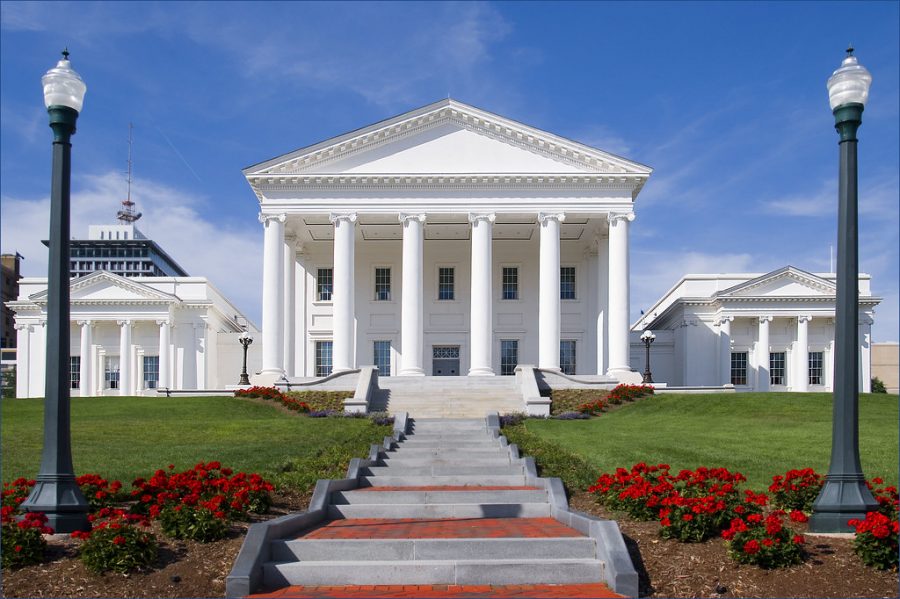Death Penalty: Abolished in Virginia
As the 23rd state to do so, Virginia paves way for the end of government executions in the South.
History was made when the governor of Virginia, Ralph Northam, signed legislation at the Greensville Correctional Center, declaring the abolishment of capital punishment in the state of Virginia. “Justice and punishment are not always the same thing, that is too clearly evident in 400 years of the death penalty in Virginia,” said Northam, asserting that this decision is a progressive, moral measure.
According to the Death Penalty Informational Center, the Commonwealth of Virginia ranks second overall in deaths by capital punishment, following Texas, who has administered 500 deaths. After the U.S. reinstated the policy in 1976, Virginia orchestrated 113 deaths by execution, and many members of the state government thought that outlawing government executions was an essential stepping stone to a better future.
A member of the Virginia Interfaith Center for Public Policy, Reverend Kevin Jones, states that the new law is a “victory for Virginia”. “It’s assumed its rightful place as the leader, at least in the South, in saying that this dreadful punishment will not even exist,” said Jones. In an interview with NBC, Jones expressed hope that this new law will draw focus on redemption for inmates.
Republican Delegate Jason Miyares, an advocate for the death penalty, conveyed discontent with the new law. “I think fundamentally it’s going to make Virginia less safe, less secure,” said Miyares. “You have these cases that can only be defined by cruelty. In these very few cases, I think the ultimate punishment should be available to prosecutors for the ultimate crime.”
In his campaign, Governor Northam promised to abolish the death penalty during his term, and now, this pledge has been fulfilled. “When one looks at the history, close to 1,400 individuals have been executed,” said Northam, “the great majority of those individuals were African American. And so that number was disproportionate. The fence, the representation of African Americans has no doubt been disproportionate.” Due to the pronounced racial prejudice rooted in the foundation of this country, it is imminent that the enforcement of the death penalty would be applied disproportionately, and in favor of specific racial and ethnic groups.
Gov. Northam has recently passed laws strongly supported by democrats. In December, Northam signed “Breonna’s Law”, prohibiting police from using no-knock warrants, which previously allowed police to enter and search a home without notifying residents. “Virginia becomes the first state to take this action since Breonna’s death in March,” Northam said. “This is the right thing to do.”
Robert Dunham, executive director of the Death Penalty Information Center, said that the outlaw of the death penalty in Virginia could “mark the beginning of the end for capital punishment in the south.” Going on to acknowledge the position of racism regarding executions, Dunham said, “Virginia’s death penalty has deep roots in slavery, lynchings and Jim Crow segregation. The symbolic value of dismantling this tool that has been used historically as a mechanism for racial oppression by a legislature sitting in the former capital of the Confederacy can’t be overstated.”
Opponents of the death penalty highlighted the possibility of executing the innocent and the disproportionate racial prejudice deeply rooted in the system prior to the signing of the law. “The death penalty is the direct descendant of lynching. It is state-sponsored racism,” said Delegate Jay Jones, on the floor of Virginia’s House of Delegates. It has been proven that black defendants are more likely to encounter death row, especially when victims are white, as mentioned by Jones.
Two men remain on Virginia’s death row, and with Northam’s signature, their sentences will be commuted to life in prison without parole.


